The organisations (PROs) from across Europe, including Repic from the UK, gathered for a conference and annual meeting at the Renaissance hotel in Brussels as members of the WEEE Forum.
The Forum event was video addressed by the European Union commissioner for the environment, Virginijus Sinkevicius, who noted that it was 20 years since the WEEE forum was set up. “We have have come a long way since then,” he said, “with 10kg per person of WEEE collected now.”
But, Mr Sinkevicius conceded that the collection rates in Europe were not where they could be. “In 2019 48.5% was reached and the target is 65%”. He said the 48.5% “is not quite what we need but it is going in the right direction.”
The commissioner went on to say that the producer responsibility organisation played a significant role. And, he turned to the future saying the challenges ahead had to be considered: “Recycling can only do so much, but we need more waste prevention and we need to ensure new products contain more recycled materials. Too many WEEE items are not recycled, exported, lost or scavenged.”
BSH
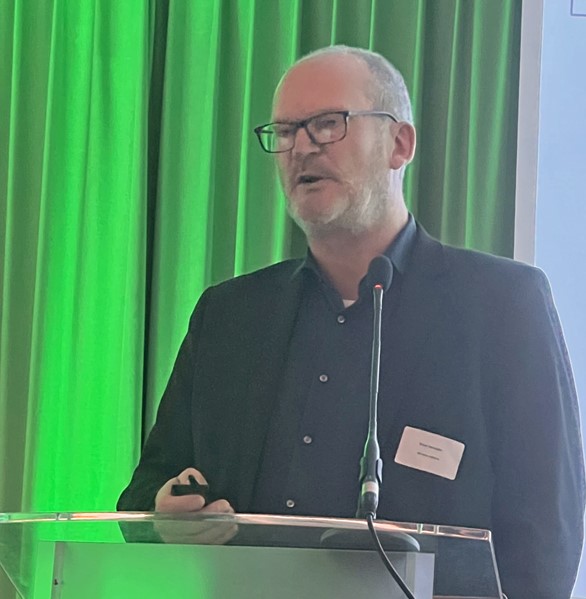
The event heard from keynote speakers including Bruno Vermoesen of the Bosch Group organisation BSH. Mr Vermoesen said that BSH was aware that “the way we are producing and selling today is not sustainable… Repair, recycled, refurbish and reuse are embedded in our strategy.”
He said that BSH “actively use recycled material, avoid critical raw materials” and wants to use less materials and use less different materials. A problem is that we are using maybe too many different materials in our products which makes recycling difficult.”
Bosch and BSH had also taken action to prolong the use of products, said Mr Vermoesen. “We have given usage and repair instructions and we have a strong commitment to prolonging the life of our products… We try to avoid recycling as far as possible with reuse and use of spare parts, although eventually recycling is necessary.”
Unsurprisingly, Mr Vermoesen said that for BSH, plastics is the “biggest challenge that we have. It is difficult to use WEEE materials in our production plastics, mainly because of quality issues. We welcome EU moves on quality standards.”
Australia
Warren Overton, chief executive of the Australia and New Zealand Recycling Platform, explained how his organisation is collecting computer peripherals and other IT equipment.

“It is a formal e waste product stewardship system which has been running for five years. There are five producer responsibility organisations (PROs), the other four are private while ANZRP is not for profit. Material recovery targets are 90% of all WEEE generated.”
And Mr Overton said that the Australian government is looking to extend the scope of the WEEE legislation there, and sees the EU experience as a strong case study.
But he cautioned that Australia’s material recycling is going “to take a hammering in the next few until we sort solutions, particularly for plastics”.
The Australian chief executive also said that the country had a problem with rules not being fully enforced: “We must have clear consistent and enforced rules.”
He also pointed to problems caused by the lack of an allocation system which meant that schemes can collect from “the same remote including from indigenous communities which makes collections costly.”
Flame retardants
The topic of the quality of plastics and flame (brominated) retardants which are POPs, persistent organic pollutants, was raised at question time with one delegate saying that it wasn’t recyclers who put brominated retardants into plastics in the first place and that technologies exist to remove them but without the help of producers this won’t happen.
Climate change
The importance of WEEE recycling in helping tackle climate changes was emphasised by Danilo from Italy’s PRO. He said: “Climate change is the greatest challenge and the transition to a low carbon economy can’t happen without a circular economy.”
Later sessions of the event discussed how the WEEE recycling sector could help with the move to a low carbon economy.
Author and journalist Guillaume Pitron told the audience that there could be no energy transition away from oil-based economies to renewables without metals and in particular critical raw materials.
He highlighted how China and other nations were taking control of sources of the raw materials. He also made the point, referencing International Energy Agency numbers that electric cars needed “six times more metals and minerals” than traditional cars.
The final session looked ahead a future WEEE legislation with Jan Vlak, president of the WEEE Forum, saying that WEEE “is a societal challenge and all actors bear responsibilities.”
Mr Vlak said that without access to raw materials Europe can’t be climate neutral and that there was a consumer responsibility to return materials although he didn’t develop this call.
Bettina Lorz, a legal counsel with the European Commission, referenced how responses had been received by the Commission on future changes to WEEE legislation in Europe. It would take till the end of 2023 she suggested to go through the 160 responses received and this would include looking at views on whether targets should be set differently. Other topics include whether there should be a mandatory recycled content for electrical goods.
Some delegates felt that in light of Ms Lorz’s comments, future tougher targets around WEEE recycling were unlikely until after the next European Commission was chosen and so could be expected in 2025 or even 2026-27.
Award
Former Repic chief executive, Philip Morton, was the recipient of an award at the WEEE Forum’s special anniversary dinner to mark the 20th anniversary of the organisation. Mr Morton was one of the past presidents who were all honoured at the dinner held on the evening of the conference.
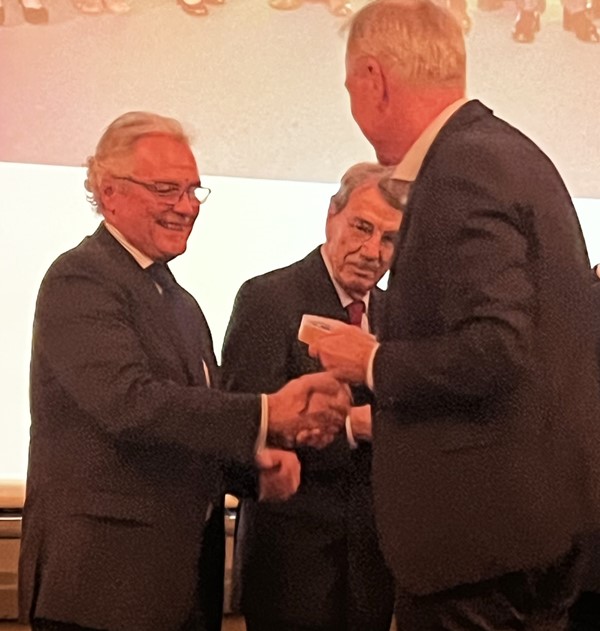





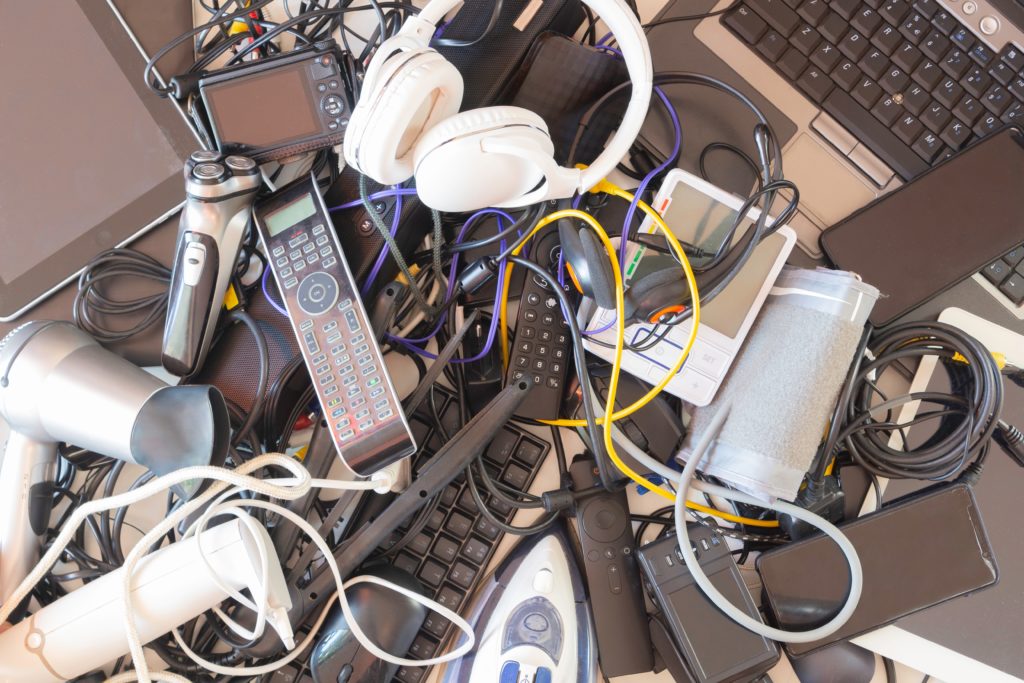

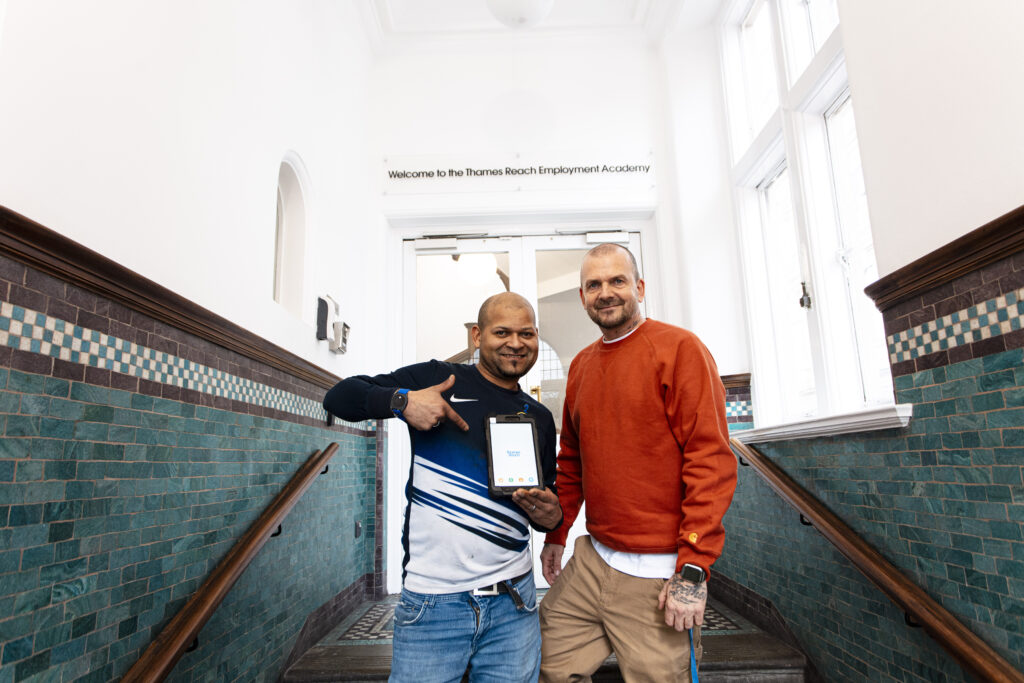
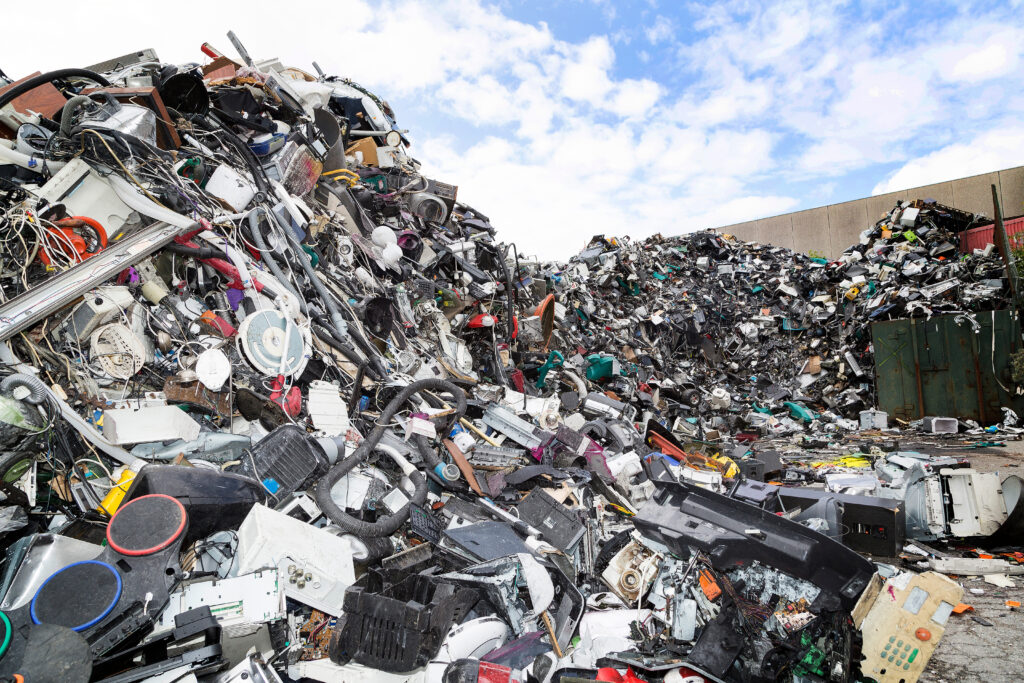


Subscribe for free